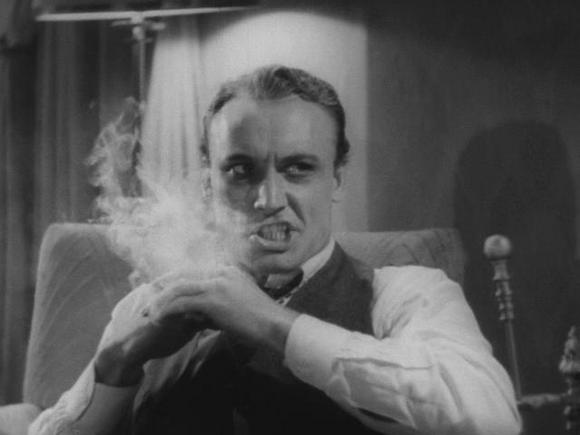We're just asking for a little respect as business operators!
For the full story visit this link.Like hip-hop, health food and snowboarding, marijuana is going corporate.
As more and more states allow medical use of the drug, and California considers outright legalization, marijuana’s supporters are pushing hard to burnish the image of pot by franchising dispensaries and building brands; establishing consulting, lobbying and law firms; setting up trade shows and a seminar circuit; and constructing a range of other marijuana-related businesses.
Boosters say it is all part of a concerted effort to trade the drug’s trippy, hippie counterculture past for what they believe will inevitably be a more buttoned-up future.
“I don’t possess a Nehru jacket, I’ve never grown a goatee, I’ve never grown my hair past the nape of my neck,” Allen St. Pierre, the executive director of the National Organization for the Reform of Marijuana Laws said. “And I don’t like patchouli.”
Steve DeAngelo, the president of CannBe — a marketing, lobbying and consulting firm here — will not even use the word “marijuana.” Calling it pejorative, he prefers the scientific term “cannabis.”
“We want to make it safe, seemly and responsible,” Mr. DeAngelo said of marijuana.
That extends to his main dispensary and headquarters, the Harborside Health Center in Oakland, with its bright fluorescent lights, a clean, spare design, and a raft of other services including chiropractic care and yoga classes. On a recent Friday, the center was packed, with a line of about 50 people waiting as the workers behind the counter walked other customers through the various buds, brownies and baked goods that were for sale.
“If we can’t demonstrate professionalism and legitimacy, we’re never going to gain the trust of our citizens,” Mr. DeAngelo said. “And without that trust, we’re never going to get where we need to go.”
The ultimate destination, for many supporters, is legalization. Californians will decide in November if that is where they want to go, when they vote on a ballot measure that would legalize, tax and regulate marijuana.
Regardless of the outcome, CannBe says it expects to expand its business model nationwide to become what admirers say will be “the McDonald’s of marijuana.”
The for-profit company is made up of four proprietors of nonprofit dispensaries and their lawyer. Mr. DeAngelo calls them an “A-team of cannabis professionals.”
In late March, it helped lobby the City Council in San Jose, the nation’s 10th-largest city, to pass ordinances regulating dispensaries, a crucial step toward a legitimate industry. And last week at a cannabis conference in Rhode Island, Mr. DeAngelo was diversifying his product line, introducing a kind of “pot lite” with less psychoactive agents than regular marijuana and thus popular with what he calls “cannabis-naïve patients.”
John Lovell, a California lobbyist who represents two major police groups that oppose legalization, scoffed at the notion that marijuana proponents were cleaning up their act or gaining traction with the public, citing a recent decision by the Los Angeles City Council to sharply curtail the number of medical marijuana dispensaries there.
“They are a neighborhood blight,” he said. “Here you have dispensaries that have cash and dope. So, duh? Is it any surprise that they’ve been magnets for crime?”
But advocates call that characterization unfair and outdated.
“This is an emerging business opportunity, as it would be in any other area,” said Ethan Nadelmann, the founder and executive director of the Drug Policy Alliance, which favors legalization.
In California, dispensaries already employ all manner of business gimmicks to survive in an increasingly competitive market. West Coast Cannabis, a trade magazine, has dozens of advertisements for daily specials, free samples, home delivery, gift certificates, scientific testimonials, yoga classes, hypnotherapy, Reiki sessions, coupons, recipes and, of course — being California — free parking.
There are also new schools and seminars that can be used as credit for required continuing education classes for doctors and lawyers.
That includes the Cannabis Law Institute, which was certified last month by the California state bar. It was co-founded by Omar Figueroa, a graduate of Yale University and Stanford law school, who is hosting a seminar in Sonoma County in June that promises to teach attendees about “this fascinating area of the law.”
Mr. Figueroa, who said he was voted “most likely to fail a Senate confirmation hearing” at Stanford, said he was earning a good living in marijuana law, but was in it for the experience. “My passion has always been cannabis,” he said. “It’s the world’s most interesting law job.”

 gimme a break already
gimme a break already

